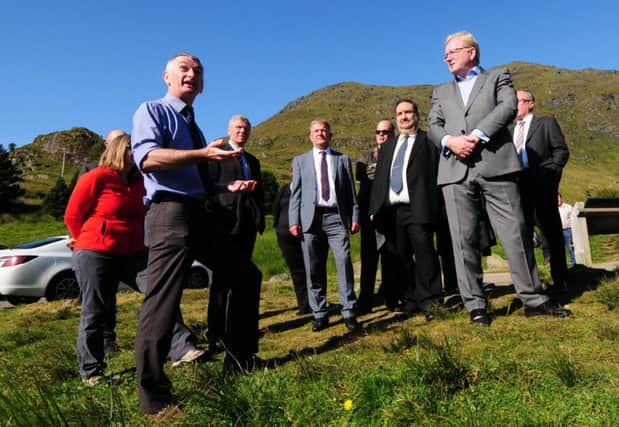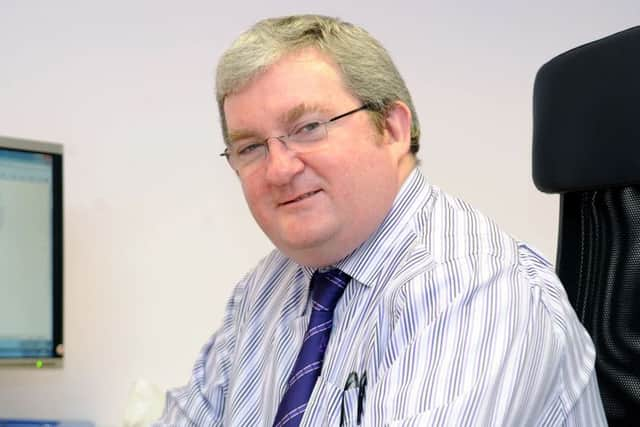Falkirk residents urged to make use of parliament’s petitions system


He has been a member of the Scottish Parliament’s cross-party petitions system since 2012, and in that time has dealt with a wide range of issues covering anything from phone masts to supermarket expansion.
In a minority of cases the petitions raised can be vexatious or frivolous, but often they deal with bread and butter issues in a way that can command broad support - and over the years several have been successful in changing the law in Scotland.
Advertisement
Hide AdAdvertisement
Hide AdMr MacDonald, as depute convener of the committee, is now encouraging more people to get involved by submitting petitions on issues that are of concern to them.


He said: “Take, for example, the moratorium on transvaginal mesh implants. This is an issue which has seen many women across Scotland affected by their use.
“The Public Petitions Committee facilitated that moratorium by bringing those affected by it to the Parliament so that they could have their voices listened to.
“Our petitions system is such an effective way of getting something heard that you feel is important, and could be incorporated into Government policy, or getting a law changed to eliminate a perceived inequality or strengthen the protection that law gives to the public, that it should certainly be used more often.”
Advertisement
Hide AdAdvertisement
Hide AdOther petitions which have been influential include a petition on access to cancer medication, a petition calling for a free phone NHS 24 number and access to vitamin D, all of which have led to revised guidance from the Scottish Government.
Mr MacDonald said: ““We have to look into very serious, sensitive and, sometimes, upsetting issues.
“The inquiry into mental health support for young people in Scotland came about as a result of a 16-year-old girl who had taken an overdose with drugs she had been prescribed by her doctor.
“Her, mother, who established the petition, was unaware of this until after her daughter’s death.”
Advertisement
Hide AdAdvertisement
Hide AdHe says one of the strengths of the Scottish system is its cross party approach, which encourages members to proactively work towards consensus - something he concedes is hard to find in the rough and tumble of parliamentary politics.
The MSP added: “Our petitions system has had a number of successes over the years, all of which we are proud of as a Parliament – but the main thing is how accessible it is for any member of the public to start a petition, and have it considered by us.
“You only need one signature, unlike the UK Parliament’s system where you require 10,000 before you get a response, and you can call upon the clerks to give guidance where you need it”.